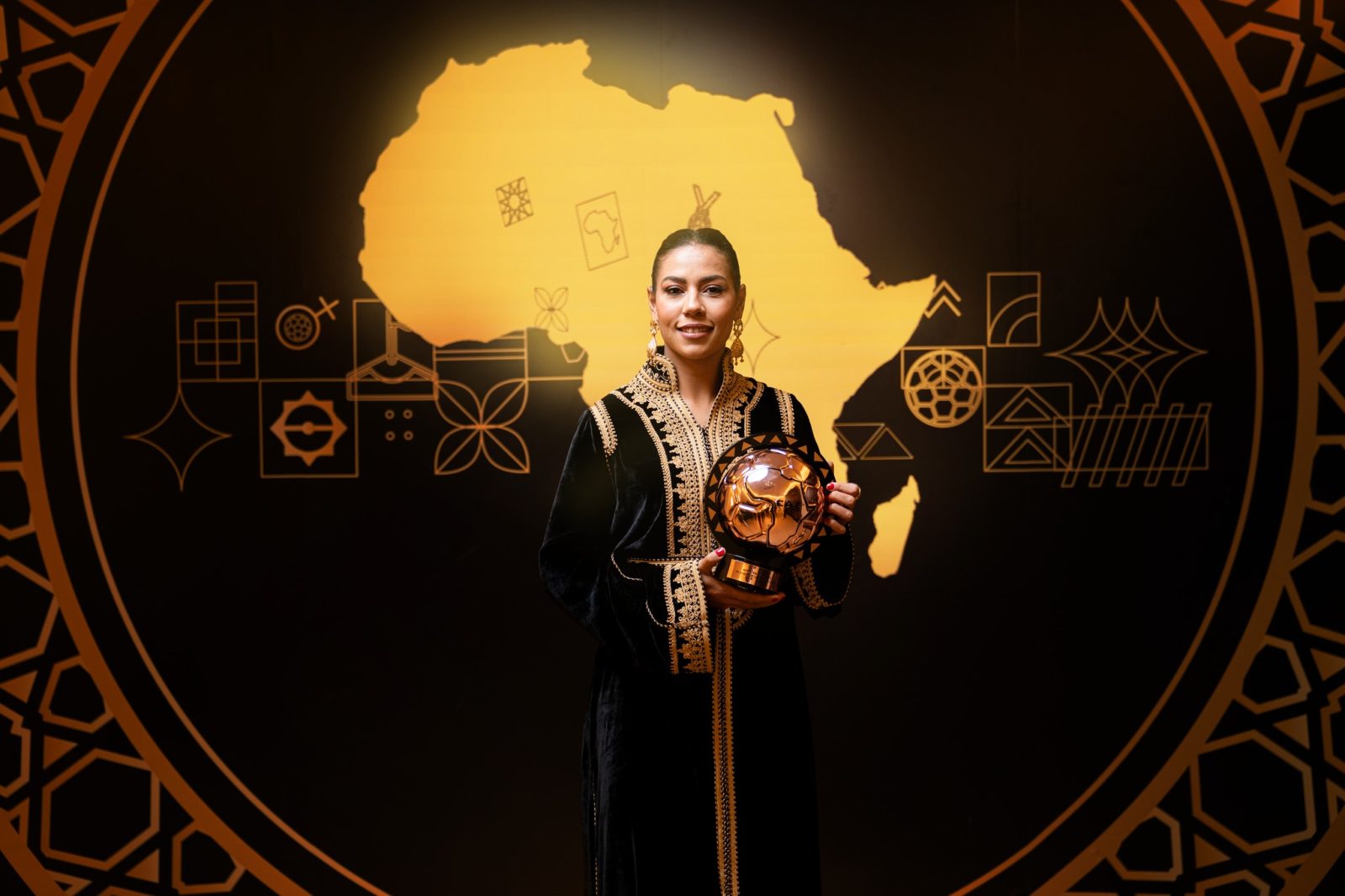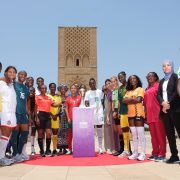The circumstances surrounding the awards raise the possibility that factors beyond on-field performance—including hosting influence and national prominence—may have subtly shaped outcomes.
By Tuka Letura
The 2025 CAF Awards in Rabat were meant to be a straightforward celebration of African football excellence. Instead, they unfolded into something far more complex. Morocco delivered a dazzling show and swept the two biggest individual honours—the Men’s and Women’s Player of the Year—with Achraf Hakimi and Ghizlane Chebbak taking home the awards, respectively. Yet, for anyone paying attention, the night raised as many questions as it did applause.
It was not the first time a nation had won both prestigious categories; Nigeria achieved the same feat in 2023 with Victor Osimhen and Asisat Oshoala. Still, the optics of Morocco claiming the top prizes on home soil were hard to ignore. At a time when African football is growing in influence and sophistication, the awards once again highlighted the tension between genuine merit and the politics that shape the continent’s game.

Hakimi’s win was never in question—far from it. Everyone expected it, just as they had in the two previous editions with Victor Osimhen and Ademola Lookman. His pathway to the podium was the strongest of any contender. As a defender, he played a decisive role in Paris Saint-Germain’s first-ever Champions League triumph, and none of the other finalists could match the significance of that achievement. Hakimi as Men’s Player of the Year was the clearest call of the night.
The real debate, however—the true tension in the room—landed squarely on the women’s side, specifically on who emerged as Women’s Player of the Year: Ghizlane Chebbak.
Chebbak became the first Moroccan woman to win the award. Her performance at the Women’s Africa Cup of Nations was remarkable: she was the tournament’s top scorer and played a pivotal role in Morocco’s deep run to the final, making a strong case for her candidacy.
Yet, despite these accomplishments, the outcome in the women’s category has sparked discussion. The results invite scrutiny not only of performance but also of the underlying meritocracy, particularly given the absence of Esther Okoronkwo, which remains a major point of contention.
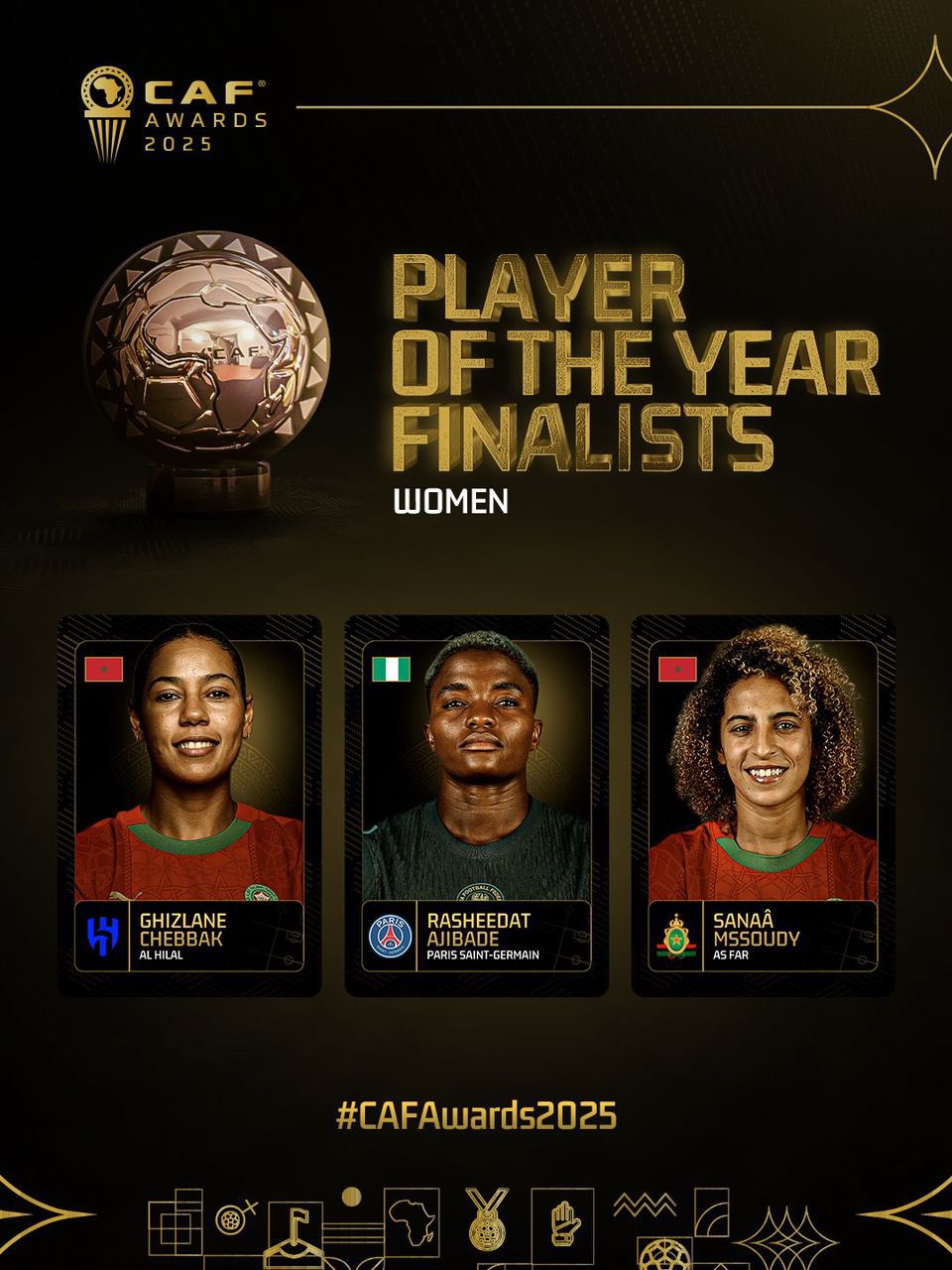
The selection of Ghizlane Chebbak as African Player of the Year over players like Rasheedat Ajibade—who was notably crowned Player of the Tournament at the Women’s Africa Cup of Nations—and Esther Okoronkwo, who was involved in the most goals for Nigeria on their way to the WAFCON title, raises serious questions. Chebbak did not outperform either Ajibade or Okoronkwo at the club level, nor did she surpass them during the tournament itself.
This leads to a pressing concern: on what metric did Ghizlane Chebbak outshine both Nigerian players, given that they had objectively stronger seasons internationally and at the club level? And if alternative metrics were considered, players such as Temwa Chawinga should unquestionably be part of the conversation—and certainly in the top three—given her record-breaking performances and dominance in the United States with Kansas City in the NWSL.
What makes the situation even more disappointing is that, despite Esther Okoronkwo’s numbers and performances across club and international competitions, she was not included in the top three at all. The final three consisted of Rasheedat Ajibade, Ghizlane Chebbak, and her AS FAR teammate, Sanaa Mssoudy—but Okoronkwo, who had one of the most complete and impactful seasons of any African player, was left out entirely.
Analysts and fans have argued that, in purely merit-based terms, Okoronkwo’s season arguably surpassed Chebbak’s. The exclusion of a player of Okoronkwo’s calibre has left many questioning the fairness of the selection process. The circumstances surrounding the awards raise the possibility that factors beyond on-field performance—including hosting influence and national prominence—may have subtly shaped outcomes. Morocco, as host nation and a growing football power, has historically played a significant role in CAF’s continental affairs. Once Okoronkwo was removed from contention as both Player of the Tournament at WAFCON and a top-three nominee for Player of the Year, the path toward a Moroccan coronation became markedly clearer, feeding perceptions that the awards were influenced as much by optics as by merit.
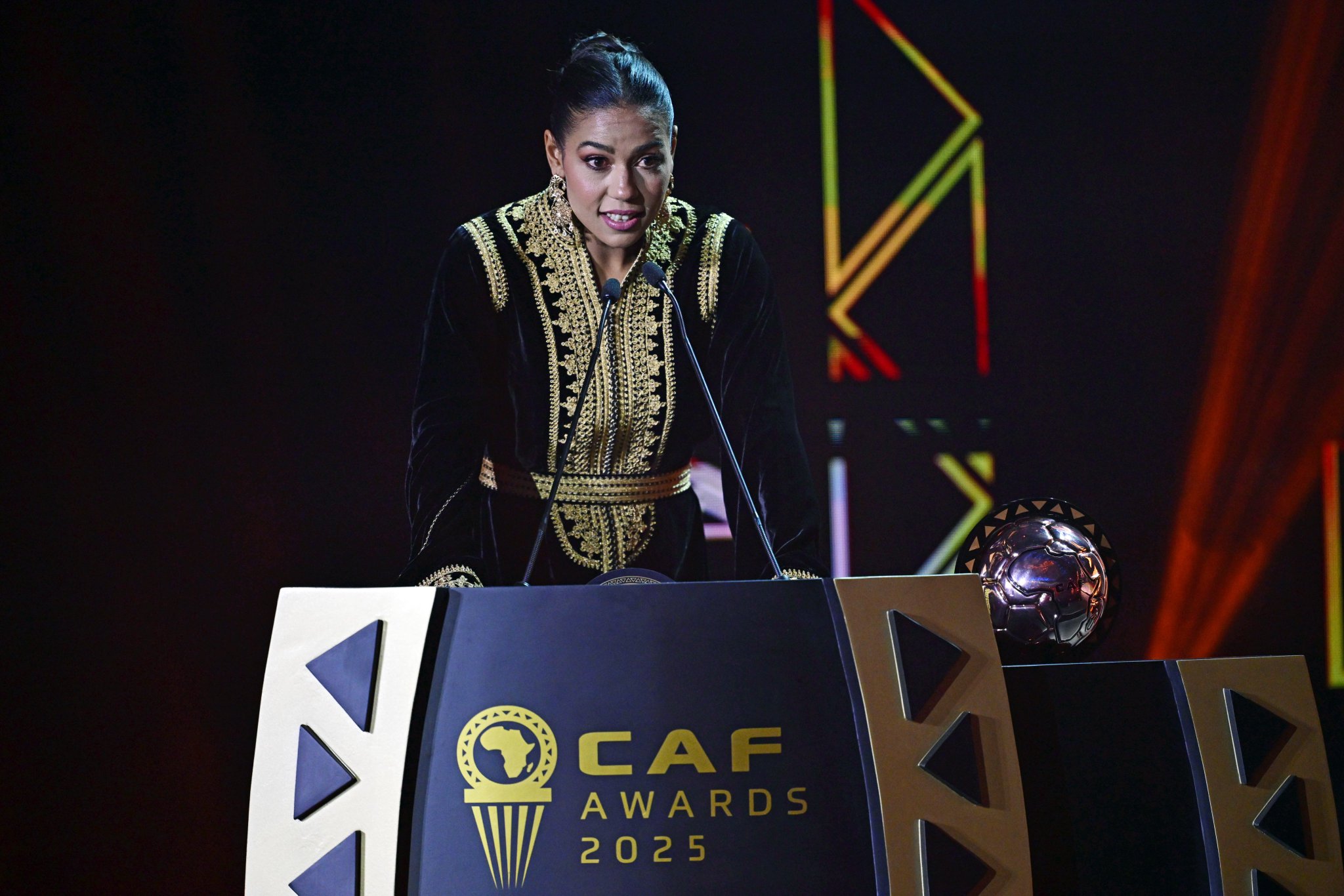
On social media, the debate was vigorous. Fans dissected every statistical contribution, comparing goals, assists, and trophies, with many asserting that Chebbak’s win was “not merit-based” and framing it as a symbolic gesture toward the host nation. Pundits echoed these concerns, describing the outcome as “a coronation rather than an earned recognition” and calling for CAF to reinforce transparent, merit-driven selection criteria in future editions.
This is by no means a smear on Ghizlane Chebbak’s career; to even be in contention for such an award at 35, while playing in Saudi Arabia, is no mean feat. However, there is room for questions.
In other categories, Moroccan international, Yassine Bounou, took home the CAF Men’s Goalkeeper of the Year award, capping a year in which he also earned a place in the Best XI at the FIFA Club World Cup 2025.
On the women’s side, Nigeria’s Chiamaka Nnadozie retained her spot as CAF Women’s Goalkeeper of the Year for the third consecutive year, after playing a pivotal role in the Super Falcons’ WAFCON Morocco 2024 triumph.
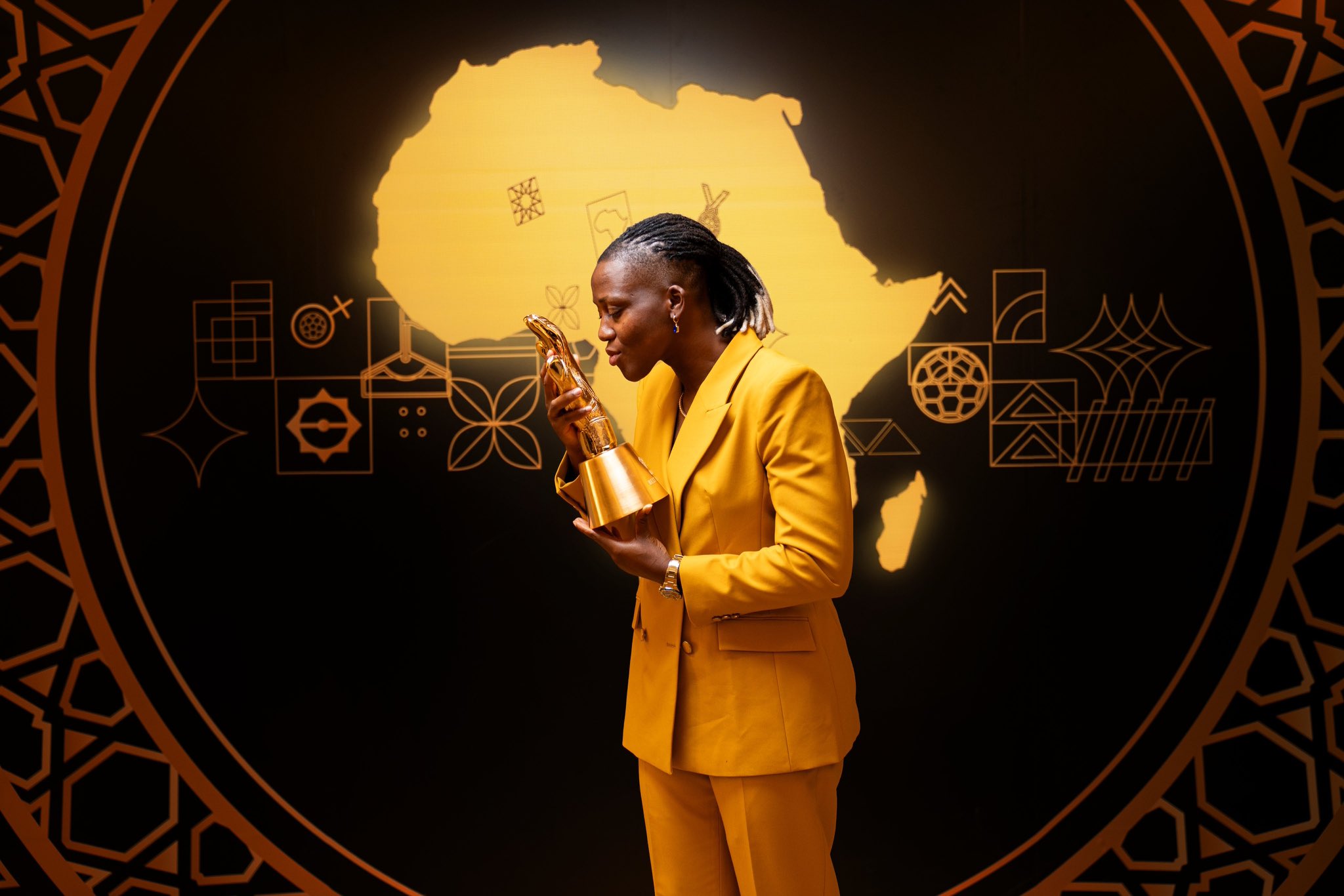
CAF Men’s Coach of the Year went to Bubista, who led Cape Verde to their first-ever World Cup qualification, easily the biggest moment in the nation’s football history. The Women’s Coach of the Year award is on hold until the CAF Women’s Champions League in Egypt concludes.
In the interclub category, DR Congo’s Fiston Mayele was named CAF Men’s Interclub Player of the Year after finishing as top scorer in the 2024/25 CAF Champions League and helping Pyramids lift the trophy for the first time. The women’s version of the award will also be announced following the Champions League.
For the youth categories, Morocco continued its dominance. Othmane Maamma won Men’s Young Player of the Year after starring in Morocco’s U20 World Cup campaign, while Doha El Madani retained the Women’s Young Player of the Year award thanks to her role in AS FAR’s league success and her top-scorer finish at the Women’s Futsal AFCON, which Morocco also won.
Morocco’s U20s were named Men’s National Team of the Year after their World Cup triumph, while Nigeria’s Super Falcons were, deservedly, crowned Women’s National Team of the Year again following their WAFCON title.
Pyramids’ Champions League win earned them CAF Men’s Club of the Year, with the women’s club award to be announced after the Champions League final in Egypt. Goal of the Year went to Tanzania’s Clement Mzize for his spectacular long-range strike against TP Mazembe, the only award decided purely by fans.
Tuka Letura is an experienced sports writer with over five years of experience in the craft. He uses data and statistics to provide analysis and commentary. From regional to worldwide competitions, he has covered a wide range of sports-related events and topics. He is devoted to sharing his enthusiasm for sports with his audience and engaging them with interesting anecdotes and viewpoints.


